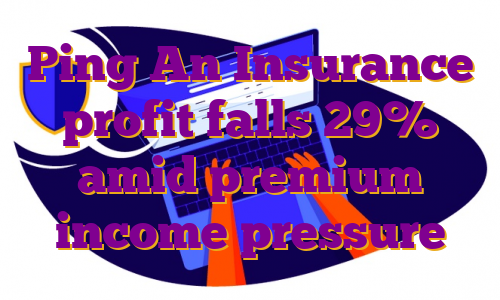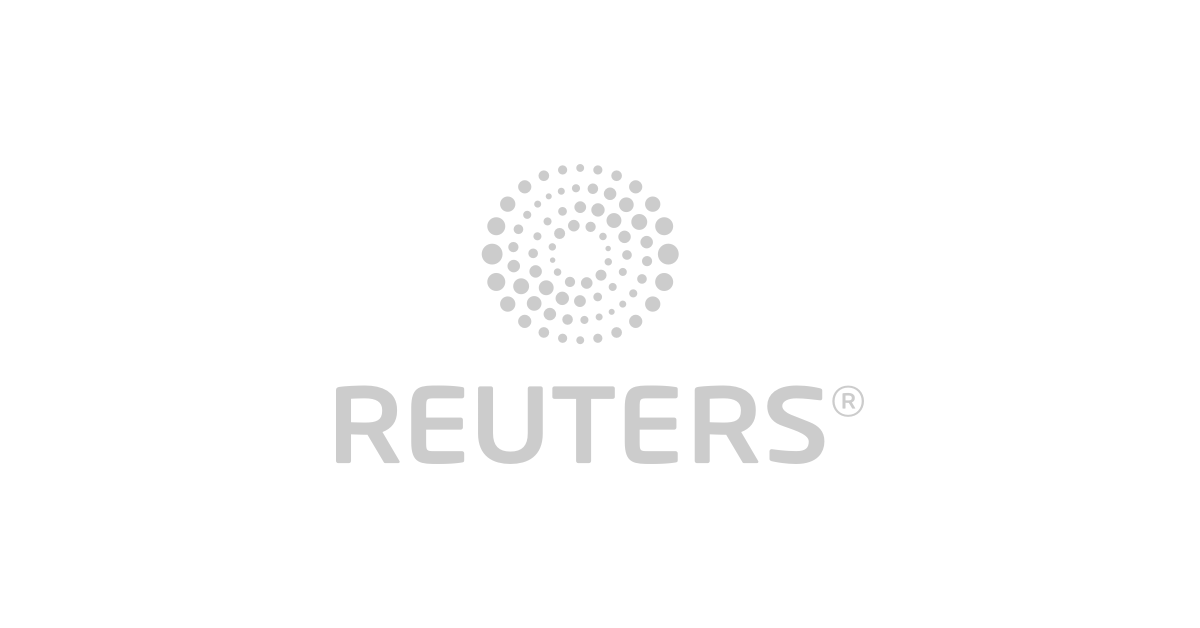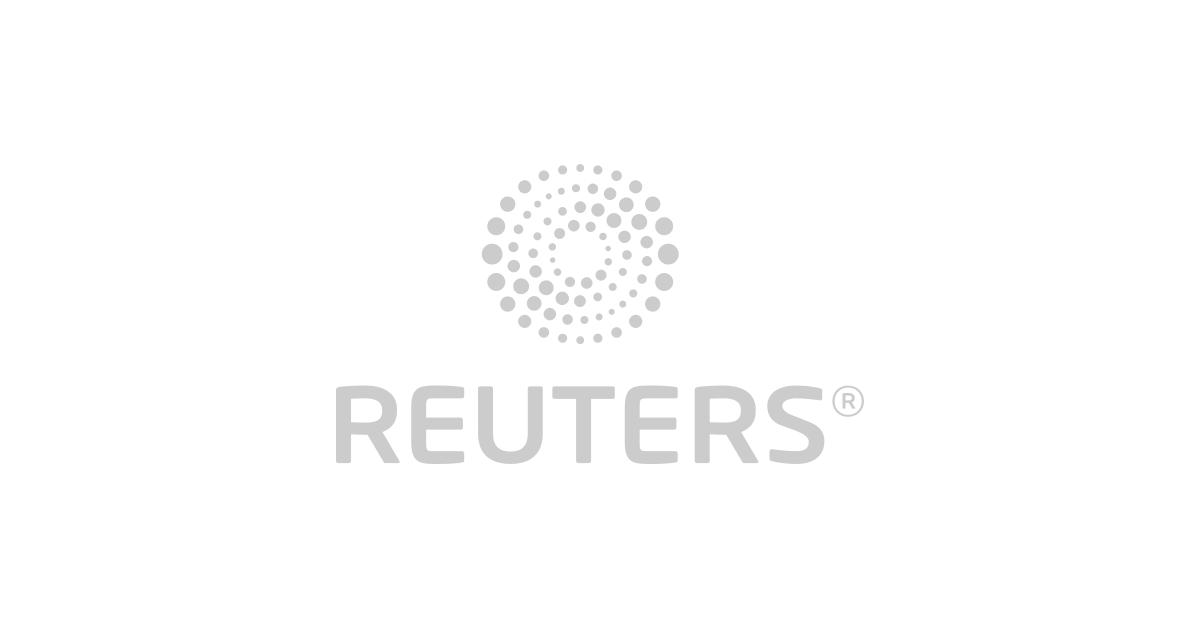File Photo: A man walks past a branch of Ping An Bank, a subsidiary of Ping An Insurance, in Beijing, China. REUTERS/Thomas PeterRegister now for FREE unlimited access to Reuters.com
- Ping An annual net profit tanks 29% on year
- Life, property and casualty insurance premiums down
- Agent numbers slashed, bodes ill for future sales
SHANGHAI, March 17 (Reuters) – China’s Ping An (601318.SS), , the country’s largest insurer by market value, reported its biggest annual profit fall since 2008 on Thursday amid pressure on its premium income.Ping An posted a 29% fall in annual net profit to 101.6 billion yuan ($16 billion)in 2021 from 143.1 billion yuan, as premium income from life insurance fell 4.1% year-on-year to 490.3 billion yuan, while property and casualty insurance premium income fell 5.5% to 270 billion yuan.”Complex, severe economic situations across the world and resurgences of COVID-19 increased uncertainty in resident income expectations in 2021,” Ping An said in a filing, and this “tempered consumer spending on long-term protection products”.Register now for FREE unlimited access to Reuters.comAnother factor was a fall in the number of Ping An sales agents fell, which meant that its new business value of life and health insurance sank 23.6% to 37.9 billion yuan.Its army of insurance agents, once the jewel in Ping An’s crown, is set to shrink further, putting more pressure on sales.”In 2022, the number of agents may still fall quite a lot compared to the year before,” Huatai Securities said in a note published this month, adding that this “can only have an impact on the growth of new insurance policies”.PROPERTY EXPOSUREPing An has been shaken by growing concerns about its investments in a highly indebted property sector which faces a liquidity crunch amid a crackdown by Beijing on borrowing.While there are suggestions of an easing — from exempting M&A financing from the tighter restrictions to loosening mortgage lending — many developers are still feeling liquidity pressure, two people with knowledge said.Ping An said it had a total exposure of 54 billion yuan ($8.4 billion) to China Fortune Land Development Co last year as the developer faced mounting default pressure.Some analysts cautioned that the total property exposure of Ping An is much higher and still underestimated by the market, which will poses further credit risks.However, its Ping An Bank Co Ltd reported a 25.6% increase in annual profit for last year, compared to 2020, with the bank’s non-performing loan ratio down to 1.02% at end of December, from 1.05% three months ago.Ping An’s Shanghai-listed shares are down 9.72% in the year to date, compared with a 11.62% drop in the benchmark Shanghai Composite Index and a 8.11% fall in Hang Seng index.Register now for FREE unlimited access to Reuters.comReporting by Engen Tham, Zhang Yan; Editing by Alexander SmithOur Standards: The Thomson Reuters Trust Principles. .







